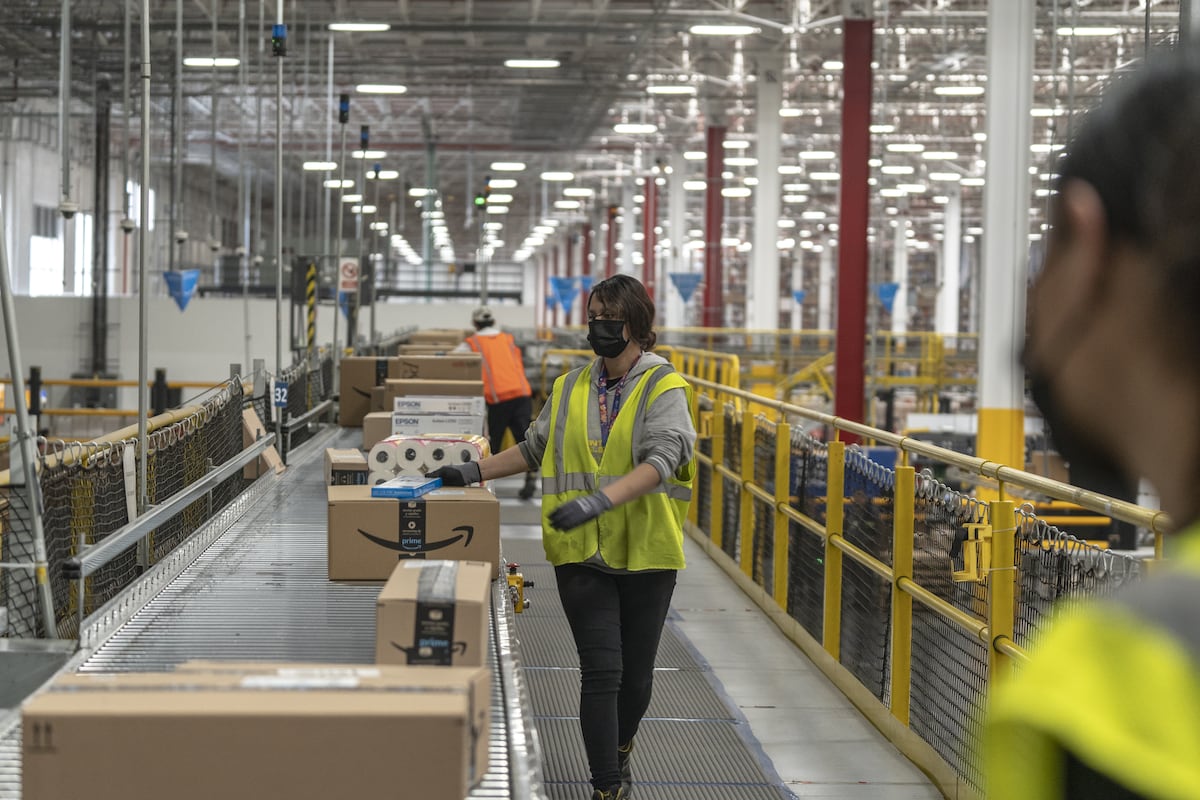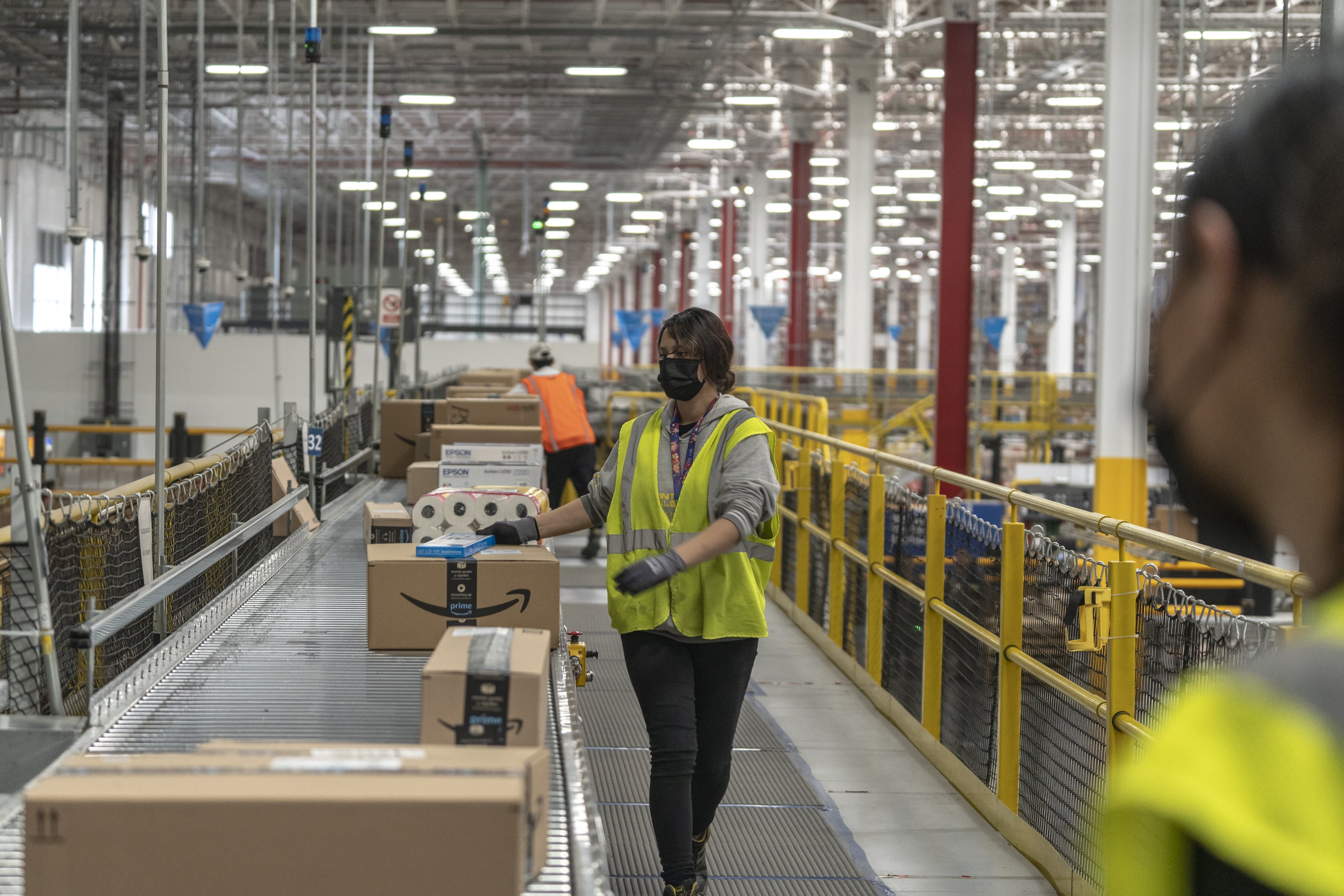1/11
@DeryaTR_
This is the final warning for those considering careers as physicians: AI is becoming so advanced that the demand for human doctors will significantly decrease, especially in roles involving standard diagnostics and routine treatments, which will be increasingly replaced by AI.
This is underscored by the massive performance leap of OpenAI’s o-1 model, also known as the “Strawberry” model, which was released as a preview yesterday. The model performs exceptionally well on a specialized medical dataset (AgentClinic-MedQA), greatly outperforming GPT-4o. The rapid advancements in AI’s ability to process complex medical information, deliver accurate diagnoses, provide medical advice, and recommend treatments will only accelerate.
Medical tasks like diagnosing illnesses, interpreting medical imaging, and formulating treatment plans will soon be handled by AI systems with greater speed and consistency than human practitioners. As the healthcare landscape evolves in the coming years, the number of doctors needed will drastically shrink, with more reliance on AI-assisted healthcare systems.
While human empathy, critical thinking, and decision-making will still play an important role in certain areas of medicine, even these may eventually be supplanted by future iterations of models like o-1.
Consequently, medicine is becoming a less appealing career path for the next generation of doctors—unless they specialize in intervention-focused areas (such as surgery, emergency medicine, and other interventional specialties), though these, too, may eventually be overtaken by robotic systems…maybe within a decade or so.
2/11
@DeryaTR_
Doktorluk kariyeri düşünenler için son uyarımdır: Yapay zeka o kadar hızlı gelişiyor ki, insan doktorlara olan talep önemli ölçüde azalacak ve özellikle standart teşhis ve rutin tedavilerde yapay zeka ile yer değiştirilecek.
Bu, dün önizleme olarak yayımlanan OpenAI’nin o-1 modeli, diğer adıyla “Çilek” modelindeki büyük performans sıçramasıyla daha da netleşti. Bu model, GPT-4o’yu büyük ölçüde geride bırakarak, özel bir tıbbi veri seti olan AgentClinic-MedQA’da son derece başarılı sonuçlar verdi. Yapay zekanın karmaşık tıbbi bilgileri işleyebilme, doğru teşhisler koyabilme, tıbbi tavsiyeler verebilme ve tedavi önerileri sunabilme yeteneğindeki bu hızlı ilerleme devam edecek.
Hastalıkları teşhis etme, tıbbi görüntülemeyi yorumlama ve tedavi planları oluşturma gibi tıbbi görevler yakında yapay zeka sistemleri tarafından insan doktorlardan daha hızlı ve tutarlı bir şekilde gerçekleştirilecek. Önümüzdeki yıllarda sağlık sisteminin dönüşmesiyle birlikte doktorlara olan ihtiyaç büyük ölçüde azalacak ve yapay zeka destekli sağlık sistemlerine daha fazla güvenilecektir.
İnsan empatisi, eleştirel düşünme ve karar verme, tıbbın bazı alanlarında hala önemli bir rol oynasa da, bunlar bile gelecekte o-1 benzeri modellerin sonraki versiyonları tarafından devralınacaktır. Bu nedenle, tıp alanı gelecek nesiller için çok daha az cazip bir kariyer haline gelecek—sadece müdahale odaklı alanlar (cerrahi, acil tıp ve diğer müdahaleci uzmanlıklar gibi) bir süre daha değerli olabilir. Ancak bu alanlar da önümüzdeki 10-15 yıl içinde robot doktorlar tarafından devralınabilir.
3/11
@okaythenme
I remember twenty years ago when it was a popular prediction to say radiologists would be completely automated out of existence by the 2020s,
Now radiology salaries have hit new highs in most markets, including the U.S.
If you’re interested in medicine, get your medical or nursing degree. AI will never fully automate the long human tradition of medicine.
Doctors will stay the safest job on the planet.
4/11
@DeryaTR_
I strongly disagree. Nursing jobs will be safer than doctor jobs in a decade.
5/11
@DeryaTR_
It seems some people didn’t quite understand my post here. Let me clarify: I didn’t say the medical profession will completely disappear. However, I pointed out that there will be a need for far fewer doctors a decade from now. Therefore, only the top 10-20% of physicians who are truly dedicated and outstanding will continue to have fulfilling jobs. If you are passionate about medicine, you should still pursue it as a career, but bear in mind that it will no longer be a high-paying and secure job in the future.
In a separate post, I will explain why, in the near future, patients will welcome doctors working with AI or may even begin to prefer AI doctors. In fact it will become unethical and even malpractice not to use AI in diagnostics and treatment.
I realize this is disconcerting for many, and it may be difficult to imagine or accept. I empathize, having spent years working hard to train as a physician. Although, I followed my passion in science instead of pursuing a more secure, high-income job as a doctor.
In the end, what matters is the value you provide for the greater good of humanity. I strongly believe that AI will bring unimaginable benefits, saving lives and helping people live long, healthy lives.
6/11
@Michael_D_Moor
As the original poster of @SRSchmidgall's figure I respectully disagree that this is a final warning for clinicians to become obsolete.
I believe clinicians will be empowered by being augmented with up-to-date knowledge, guidelines and DDx ideas at their fingers' tip with increasingly better UIs.
I agree though that certain abusive healthcare economies (with bad incentives) may find ways to provide cheaper & human-free care delivery that is not necessarily better for patients. It's up to us not to let this happen.
7/11
@DeryaTR_
But I didn’t say clinicians will become completely obsolete. Please see the follow-up for further clarification on what I meant. It’s not too different from your point. Also, please consider the advances we’ll see in the next 5-10 years-this technology will progress exponentially
8/11
@BorisMPower
How does this performance compare to MDs?
9/11
@DeryaTR_
Let me just give one statistic:
“An estimated 795 000 Americans become permanently disabled or die annually across care settings because dangerous diseases are misdiagnosed.”
Extrapolating worldwide that’s millions of people and most are not even complicated cases.
10/11
@malmaladei
We have a shortage of doctors because they have to do so much paperwork and handle a lot of routine work. If anything I expect AI to make the healthcare sector better
11/11
@DeryaTR_
Will definitely make it better.
To post tweets in this format, more info here: https://www.thecoli.com/threads/tips-and-tricks-for-posting-the-coli-megathread.984734/post-52211196
 www.crikey.com.au
www.crikey.com.au












